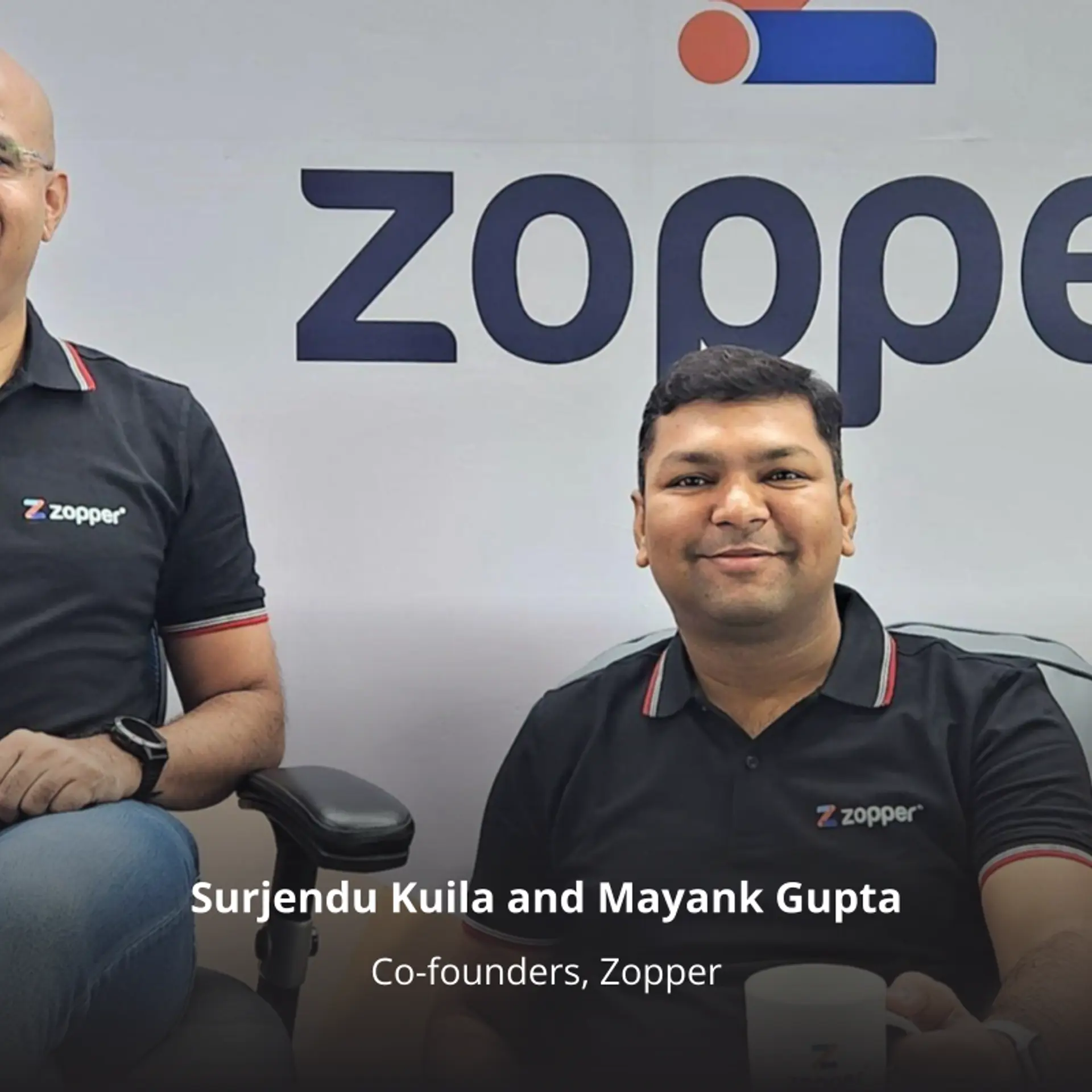Informal workers prioritise security, health benefits over wages: Report
About 93% of informal employees expressed a preference for a job that includes health benefits and a formal agreement, even if it means opting for a lower salary compared to a higher income without a contract.
The aspirations of several informal workers in India for a secure and inclusive lifestyle are rising, according to a report by business services firm . This emerging generation of workers shares priorities and aspirations with their formal counterparts, placing greater value on security and benefits rather than solely focusing on daily wages, it noted.
About 93% of informal employees expressed a preference for a job that includes health benefits and a formal agreement, even if it means opting for a lower salary compared to a higher income without a contract.
According to the report, 80% of informal employees expect their employers to offer them the security of ESI and other medical benefits, while 79% of respondents indicate their willingness to trade off 20% or more of their salary if it guarantees security and benefits comparable to their formal counterparts.
Quess Corp unveiled the outcomes of its 'New Collar Generation Report' on Wednesday. The report, based on interviews conducted between September 2022 and January 2023, sheds light on the transition towards formal employment and the accompanying long-term benefits. It includes insights from 4,179 respondents of various age groups across 16 cities.
“With high aspirations regarding skilling, social security, and healthcare benefits, India’s informal economy is as aspirational to benefit from EPFO, ESIC, and other social security benefits as their formal counterparts,” Lohit Bhatia, President of Workforce Management at Quess Corp, said in a statement.
“Our current laws enable coverage of such social security benefits only for organisations that have above 10 or 20 employees. This leaves behind a huge class of citizens that are not benefitted by these laws,” he added.
Technology has emerged as a crucial tool in educating workers about the advantages of formal employment, as indicated by 84% of informal respondents in the survey. Interestingly, 70% of informally employed respondents have utilised tech portals, including job hunting platforms, online news portals, and company websites to seek information about job security and benefits from potential employers.
When evaluating professional opportunities, both genders consider factors beyond wage rates. However, women in the informal sector prioritise health and security while men tend to prioritise career advancement. According to the report, 63% of women express a strong likelihood of compromising on a higher salary in exchange for health benefits and a formal agreement, in contrast to only 28% of men.
Moreover, the report revealed that men prioritise career building, prestige, and professional networking, while women emphasise education as the key to formal employment.
Among informal workers, men value long-term career paths and external references, with 34% considering them the main benefits of formal employment compared to 26% of women. Men also associate formal employment with prestige (30%), while women view a lack of education (33%) as a barrier.
The report also highlighted the importance of skill development and upskilling for blue-collar workers, especially those who may face limitations in accessing formal education.
“The findings indicate that training, skill development, and genuine career paths are top priorities for a majority of professionals, regardless of their current employment status (formal or informal), and hence it is important that we work towards empowering the workforce with these goals in mind,” Nitin Dave, Chief Executive Officer of Quess Staffing, said.
He added that mentoring programmes and professional networking can further contribute to bridging the existing skill gap.
As India’s E-Shram portal records over 285 million registrations of workers in the unorganised sector, an increasing number of workers are recognising the benefits of securing formal employment contracts.
Edited by Kanishk Singh








